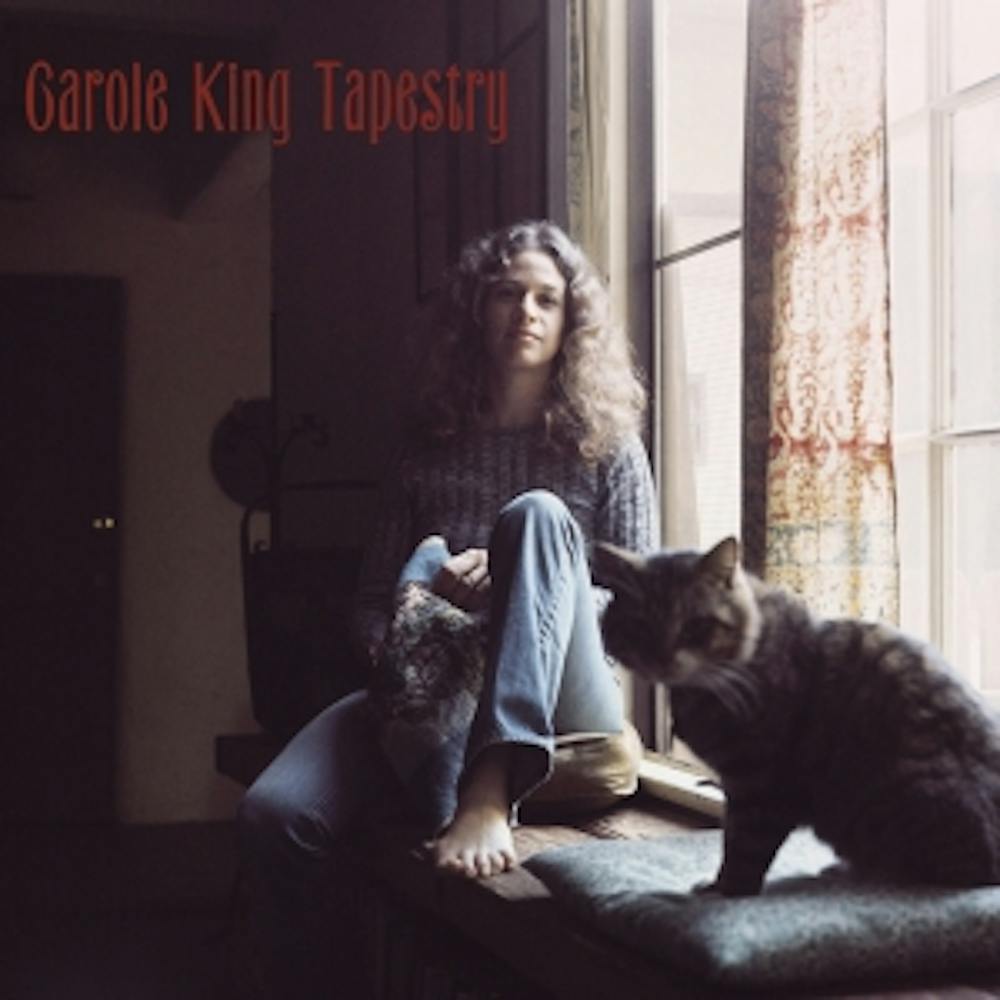Art moves us to experience emotions. While painters convey complex emotions on the canvas with the work of prismatic colors, musicians convey complex emotions through the art of composing meaningful music with moving lyrics. They paint not on canvas, but instead paint their masterpieces for your ears rather than your eyes. Music has the power to connect listeners in ways other artistic outlets cannot. It is a rare treasure, one that we often take for granted. I first stumbled upon the voice of Carole King one day by pure luck. I was flipping through vinyls at my local record store when I came across a cover that seemed too simple. Displayed on the album were a cat and a woman casually dressed in a sweater and jeans next to a window. In the left corner of the album, there were a couple of burnt orange letters that spelled out, “Carole King Tapestry.” Although this album looks rather ordinary, the emotions engraved inside are anything but. Intrigued, I decided to buy the album and quickly drove home. I cleaned off my record player and carefully dropped the needle down, and so began the best 44 minutes and 33 seconds of my life.
To really understand the genius behind this famed songwriter, one must start from the beginning.
Carol Joan Klien was born in New York City on February 9th, 1942. At the young age of four, Carole King started taking piano lessons. Her passion for music was evident. Skills that would take other kids years, King mastered in a few months.
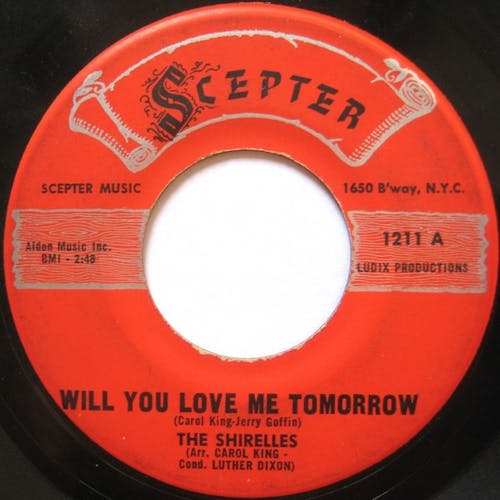
After graduating high school a year early, she soon headed off to Queens College. There she met her future songwriting partner and husband, Gerry Goffin. Like every other young songwriter in New York City, the pair started to write pop hits at the infamous music factory on 1650 Broadway — an extension of the Brill Building. Goffin wrote carefully crafted lyrics and King set them to captivating melodies. They became the hottest songwriting pair at the time, only to be rivaled by Cynthia Weil and Barry Mann. While their early songs flopped on the charts, hope was not lost for the young couple. In November of 1960, the world finally heard the writing power of Carole King and Gerry Goffin when The Shirelles struck musical gold with their first hit “Will You Still Love Me Tomorrow.”
Carole King and Gerry Goffin went on to write songs for countless musicians, including Dusty Springfield, Aretha Franklin, The Drifters, The Monkees, The Beatles, and basically any band that started with the word “The.” They created the soundtrack of the 1960s. However, before the turn of the decade, this glorious partnership came to a disastrous end when Carole and Goffin divorced unexpectedly. In the midst of everything, Carole moved to Los Angeles to start a new chapter in her life. In Los Angeles, she decided that she didn’t want other people’s voices to sing her personal lyrics. Instead, King wanted her own voice to convey her meaningful messages. With this switch, Carole King wrote one of her most celebrated works to date: her 1971 Grammy-winning album Tapestry.
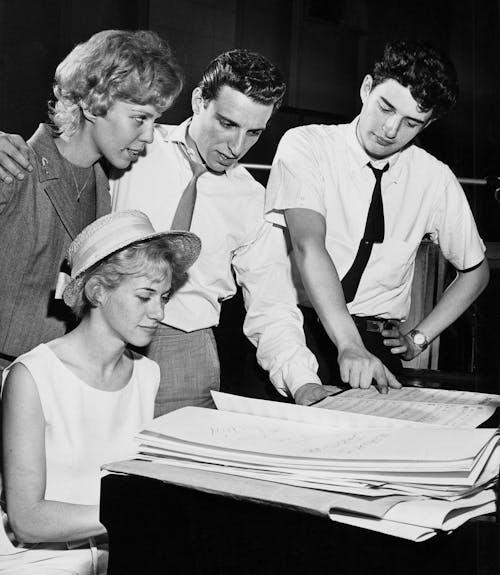
In my opinion, Tapestry is one the best albums ever made. From start to finish, King takes you on a glorious rollercoaster of emotions. She graciously opens the listeners' ears to the ideas of heartbreak, love, and the process of finding peace in oneself. The album starts with the upbeat hit “I Feel The Earth Move.” The song sets the tone for the album, as it reflects much of what Carole King has gone through in her life. From getting pregnant at a young age, to going through a divorce, to moving to a new city, the album deeply looks back on the effects of getting older and the inevitable changes that happen in a person's life. Tapestry is more genuine than the catchy doo-wop songs that King wrote in the decade prior. For the first time, audiences saw a new side of King, as there was a newfound depth to her words. In the ’60s, writers created songs that they knew would be the “golden standard” to get on the billboard charts. However, this time around, it felt like King did not care about molding her songs to the will of the charts. Instead, she decided to write songs for no one but herself. From the first piano note to the very last, you can’t help but be enthralled by the wondrous world of Carole King.
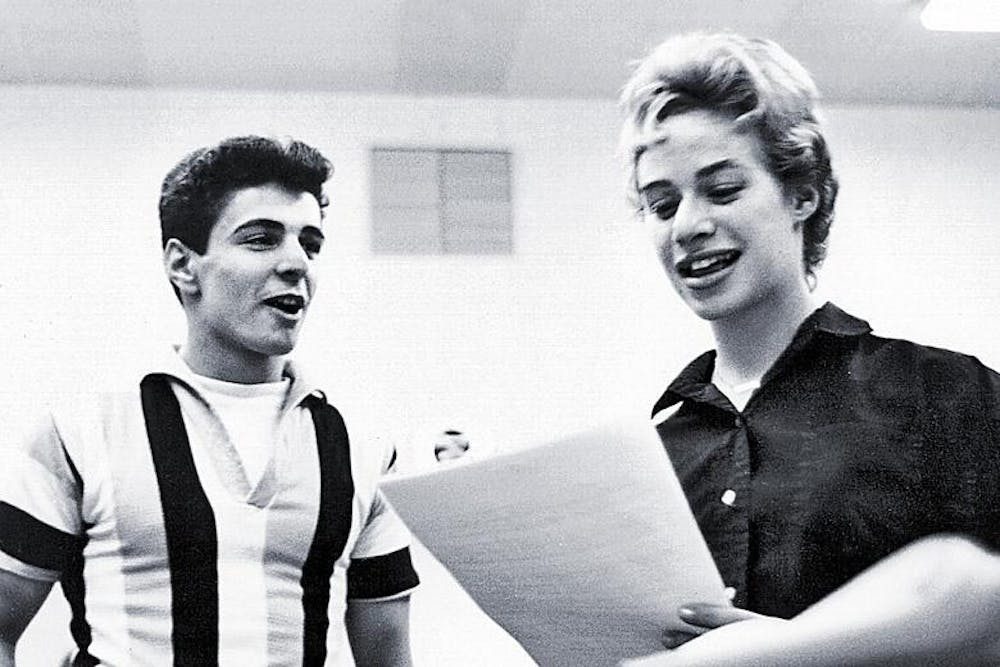
Following “I Feel The Earth Move,” the album goes into the two smash hits “So Far Away” and “It’s Too Late.” Both are great songs with amazing instrumental arrangements, but the song I want to focus on is the fourth song on the album, “Home Again.” I consider this barely-two-minute song one of the best on the album. The song depicts the want and longing of being home once again, as this narrative can be a place, person, idea, or thing that feels like home. No matter who you are, you can connect to this song. Sometimes in our lives, we miss something that makes us feel comfortable. It's hard to move into a new state to which we are unaccustomed. Change is hard and it's okay every once in a while to want a sense of home — a sense that Carole King perfectly captures in the lyrics of this song.
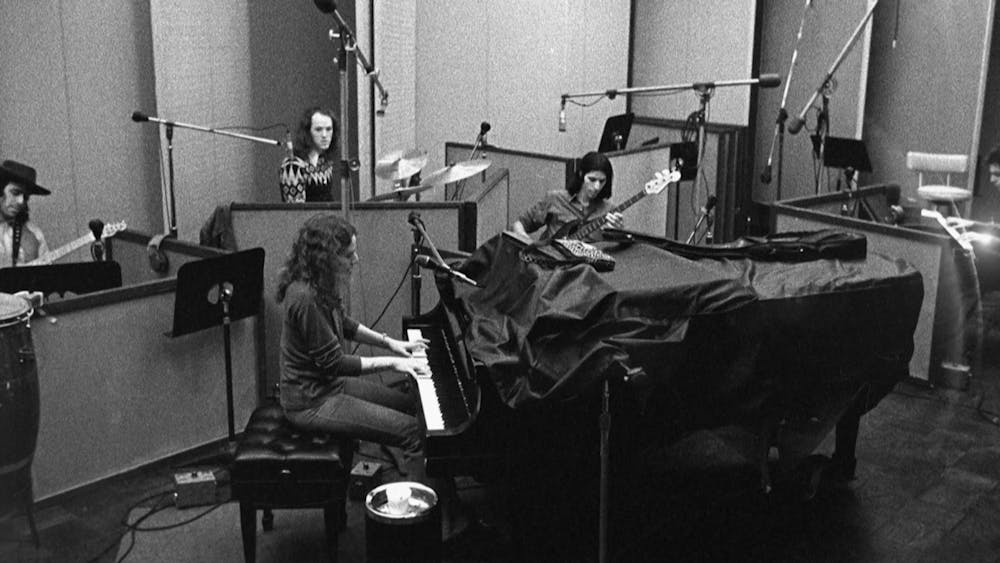
The last song on the album, “A Natural Woman,” found major success years prior on radio stations with Aretha Franklin’s version. While Franklin’s cover takes more of a soulful approach, King’s is fairly different as she tones down the backing instruments and exchanges them for her piano. As “A Natural Woman” is the album’s last track, it feels almost like a nod to King’s past years of writing for other people and now her rebirth into her own person. She's no longer that 17-year-old from Manhattan. King is now an almost 30-year-old woman that has experienced life and has grown up. Yet, what I love so much about this version of the song is that a singer can sing a song however they like, but they will never capture the true essence of what the songwriter felt. Aretha Franklin is a powerhouse when it comes to delivering a rockin' performance, but only Carole King knows the true intimate feelings of the original words written, as she’s the only one that can truly sing them how they were intended.
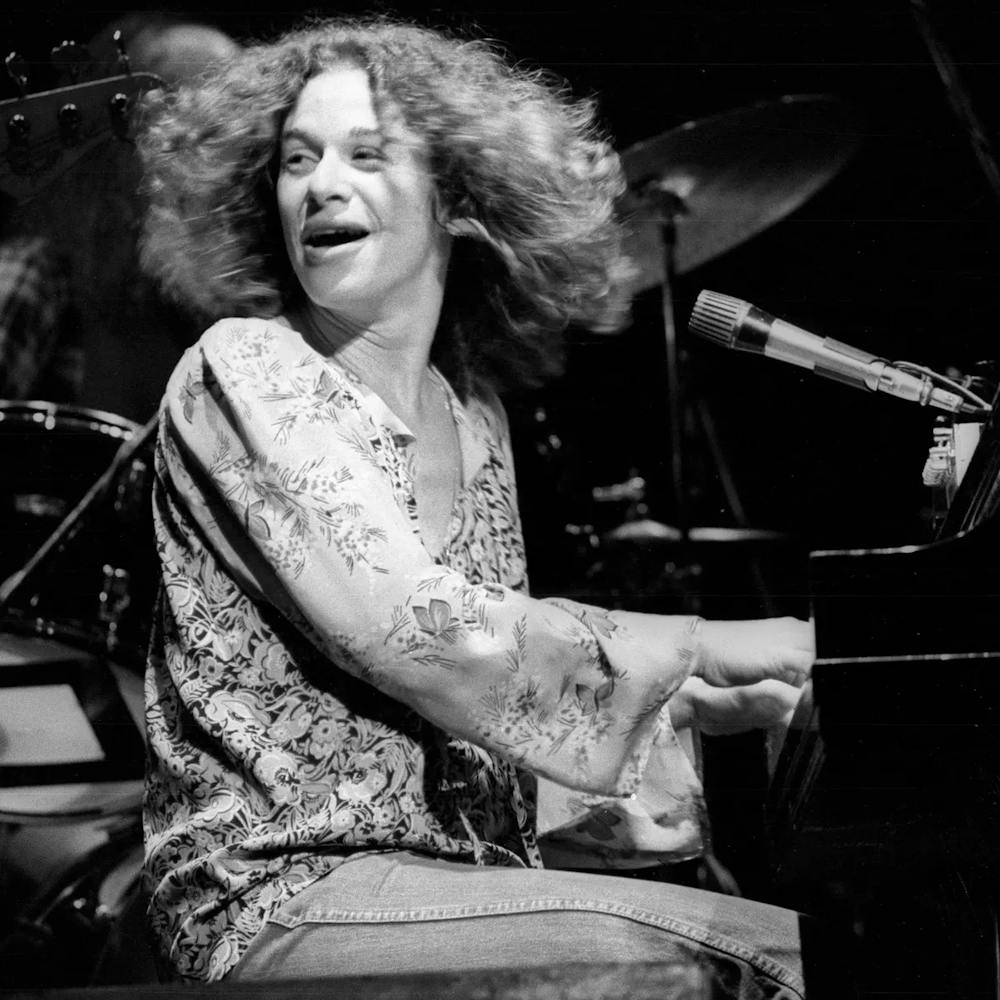
Tapestry feels like a long conversation between old friends. Although it has been a while since you last talked, it feels like no time at all has passed. There’s a sense of familiarity found in each and every word. I can’t help but keep coming back to the album. During every relisten, I find a different meaning in her words, meanings that change as I too grow older. I know that someday these meanings and understandings that I appreciate now will evolve as I go through the inevitable changes of life. I find comfort in knowing that I will be able to look back at this album time and time again, and I will be able to experience it as if listening for the first time.
King’s album is not a revolutionary feat in music, as it is no Sgt. Pepper's Lonely Hearts Club Band or Dark Side of the Moon. However, it's something better. It's a master class on how to write songs that mean something to the people listening. By opening her heart and putting it all on the table, she allows for a connection between her and the listener. King expresses complex emotions and lyrics that truly resonate with audiences. No matter who you are and what you have been through, everyone can find something to relate to in Tapestry. It probably never crossed King’s mind that this simple album would make a huge impact on listeners, or that it would become what I consider a gift to the world. This rather extraordinary gift has taught us all an important lesson: no matter where our unpredictable lives may take us, we always have a friend. Wherever you may lead, Carole King will follow.




